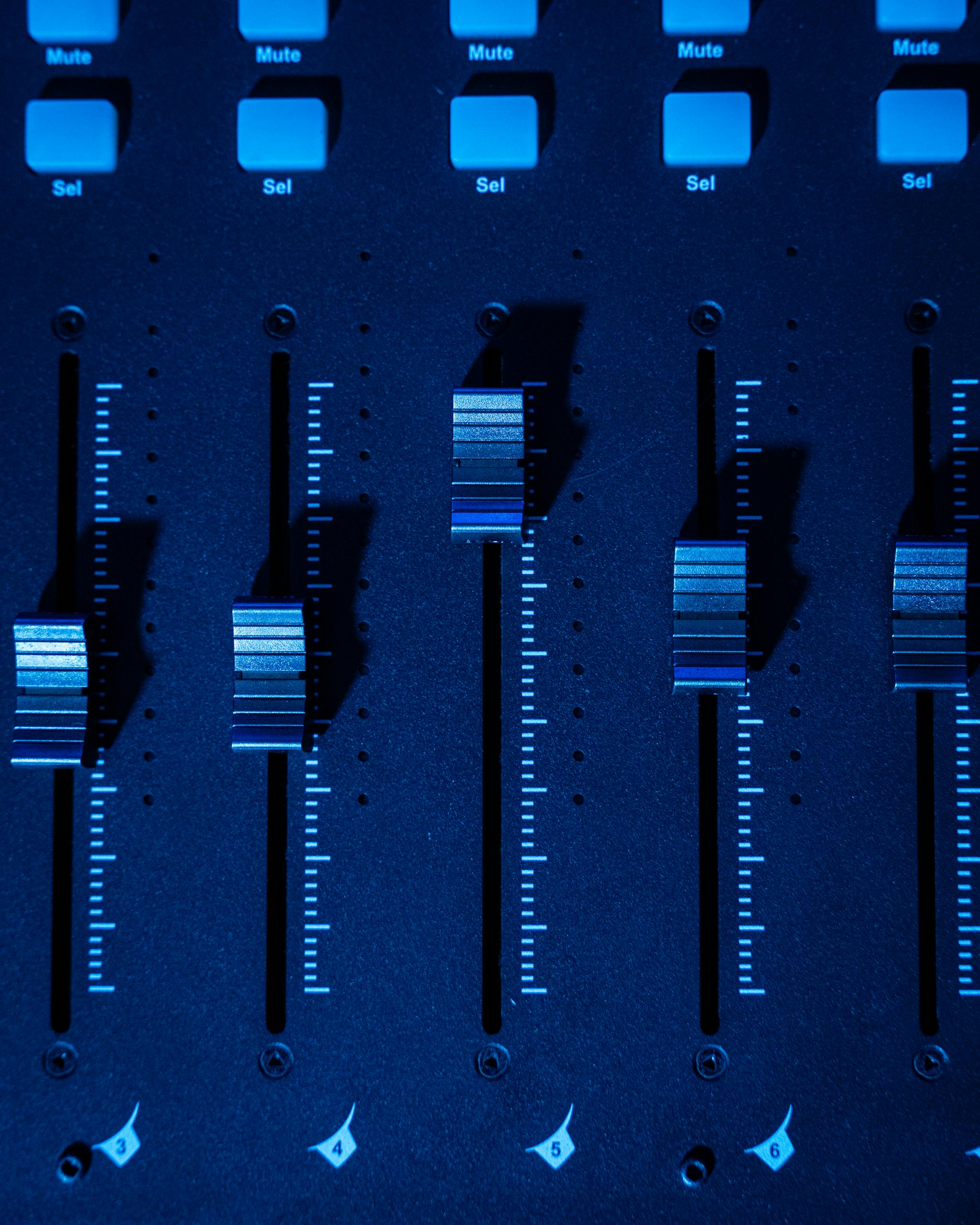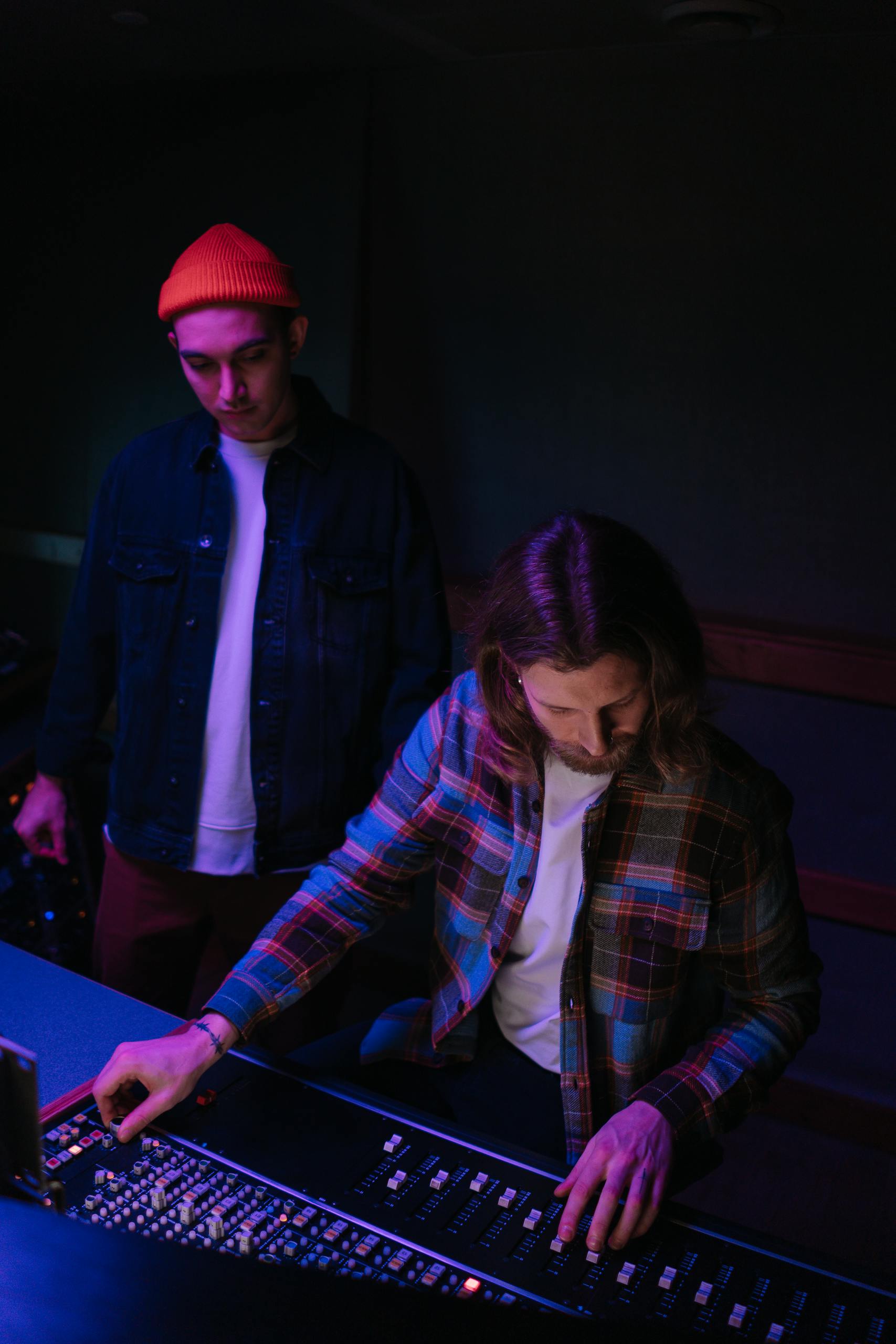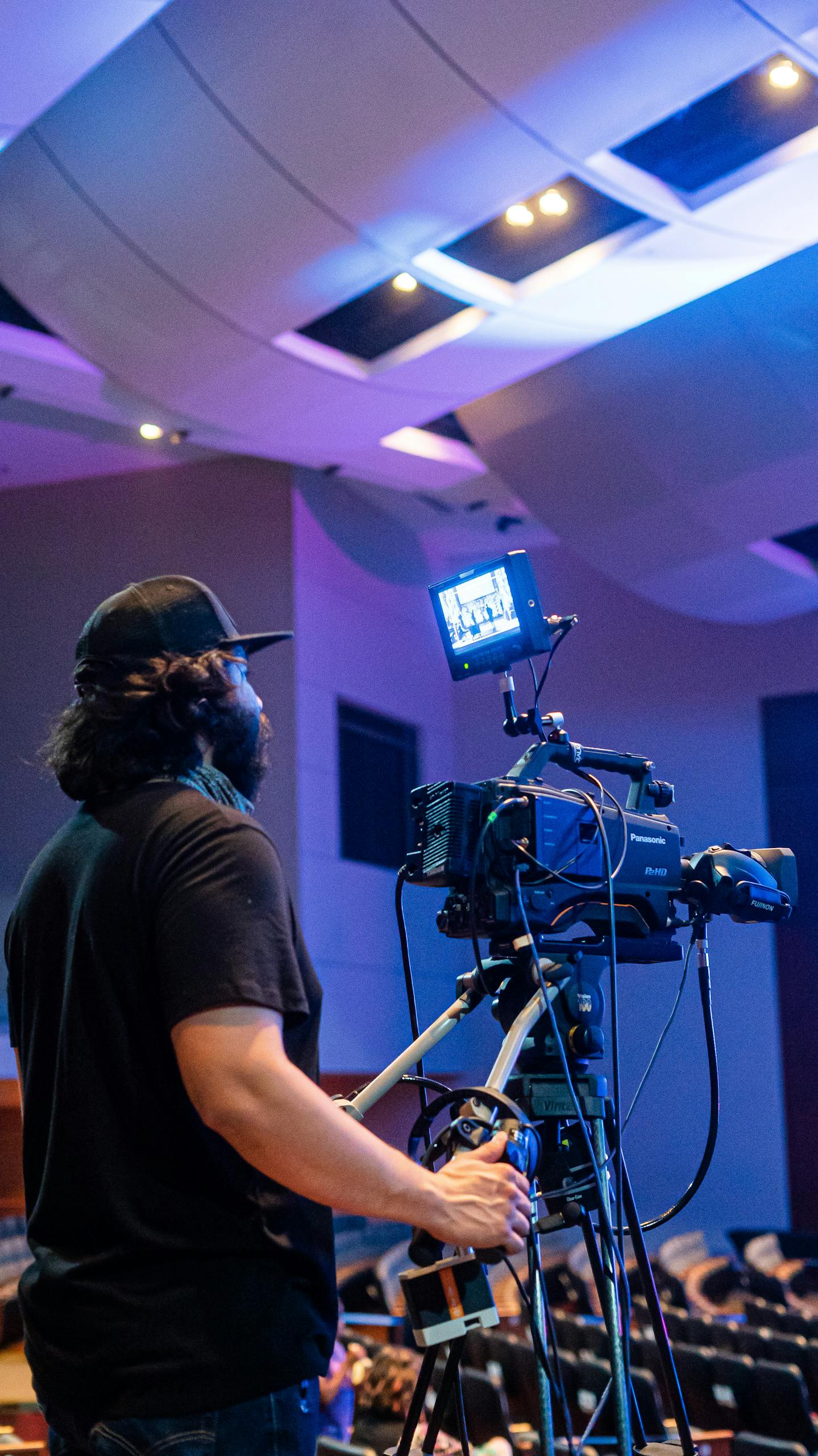Thriving Behind the Scenes
Mental Health for Studio Professionals
Working in a music studio and in music production comes with unique challenges. Long hours, tight deadlines, and the pressure to create can affect your mental health. This page offers clear and practical mental health tips for studio professionals to help you stay focused, balanced, and well. Whether you’re an engineer, producer, or studio technician, these strategies are designed to support your wellbeing in a demanding work environment.
Focus on balance during long studio sessions.
Make sure to eat, it helps keep your mood and energy levels up.
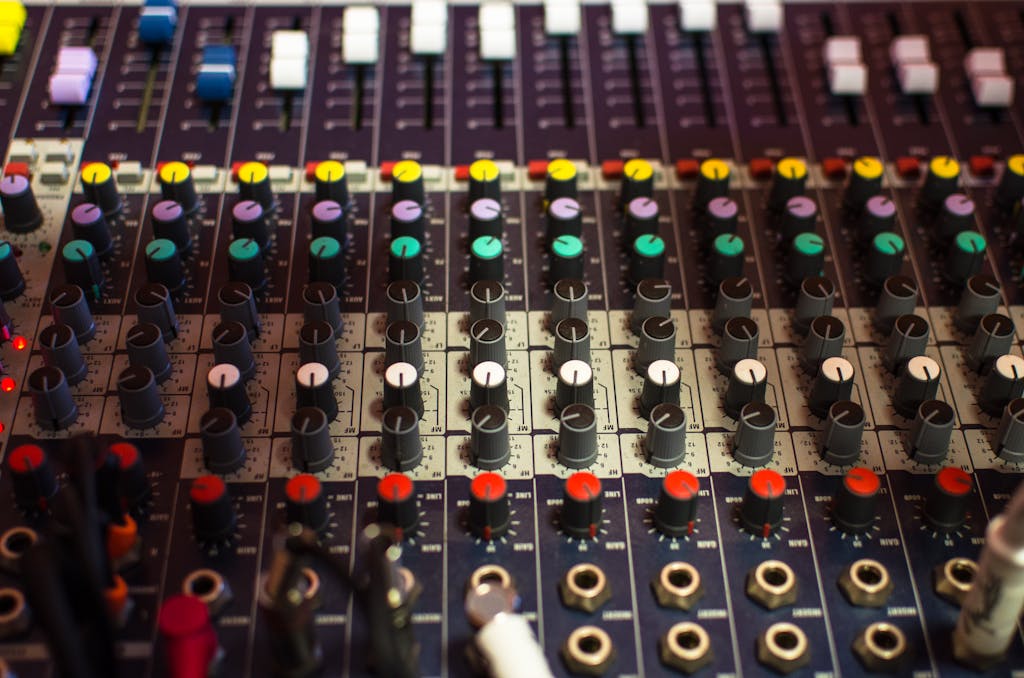
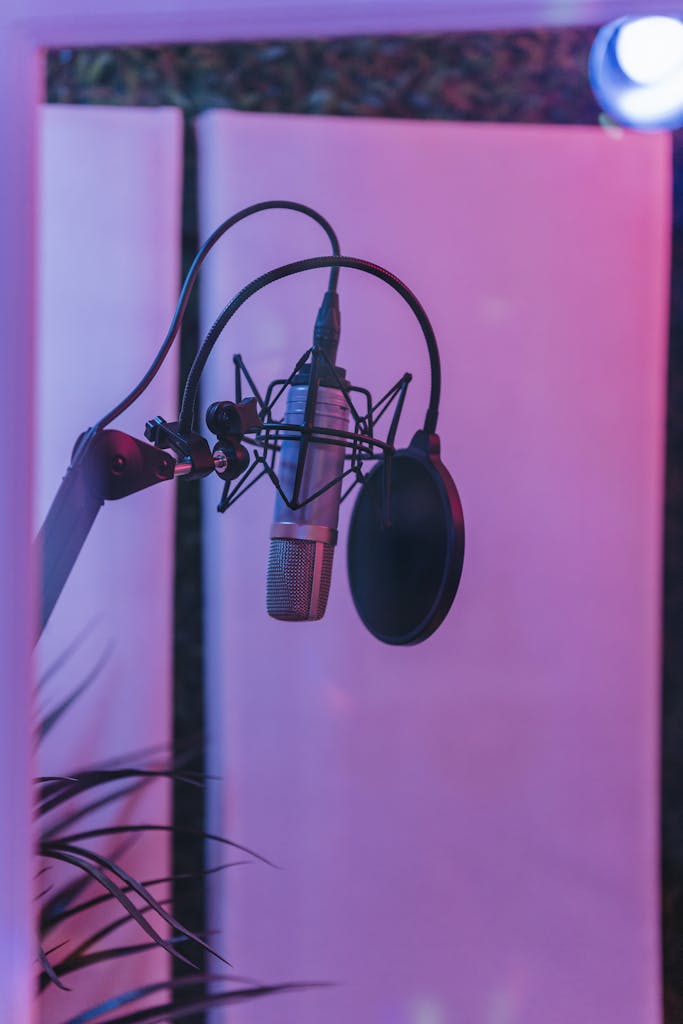
Understanding the Challenges
Working in music production and live sound environments comes with demands that affect both mental and physical health. Whether you’re in a studio, at a club, or handling production for events, long hours of intense focus can wear down your patience and clarity. Maintaining sharp attention day after day leads to mental fatigue, making it harder to manage stress effectively. On top of that, irregular or late night work schedules can disrupt the body’s natural rhythm, causing tiredness, mood swings, and difficulty managing emotions. Over time these challenges can add up, increasing stress and reducing overall wellbeing.
Another factor is the constant exposure to sound and sensory input, such as loud music or equipment noise, which raises stress hormone levels in the body. This heightened stress response can linger even after work hours, making it difficult to fully relax and recharge. Creative pressure adds another layer of strain, as tight deadlines and high expectations trigger the body’s stress response. While helpful in short bursts, prolonged stress can negatively affect mood, energy, and memory. In addition, working closely with others means navigating interpersonal dynamics that sometimes bring conflicts or misunderstandings, adding to mental strain.
Understanding these challenges is an important step toward protecting your wellbeing. When you recognize how your work environment affects your mind and body, you can start to build strategies that help you stay balanced, focused, and healthy every day.
Practical Ways to Support Your Mental Health
Working in music production, clubs, or live events without touring can bring its own set of challenges. Long hours and irregular schedules can wear you down over time. This section offers easy and effective tips created just for music professionals like you. These ideas can help reduce stress, improve focus, and keep your energy up so you can perform your best every day.
Three Pillars of Mental Health Support in the Studio
Your Body is Part of Your Process
1. Take stretch breaks between sessions
2. Keep snacks and water nearby
3. Rest your ears regularly
4. Notice when you’re tensing your body
5. Build in recovery time after long days
Protect Your Mental Space
1. Mute non urgent notifications during deep work
2. Use music free silence to reset your brain
3. Write down stress thoughts instead of holding them
4. Avoid stacking back to back sessions every day
5. Leave the building when you can
Stay Connected and Seen
1. Check in with someone outside the industry
2. Share your wins with a trusted peer
3. Talk through creative doubt before it spirals
4. Ask for help when tech or timelines overwhelm you
5. Keep one creative outlet just for yourself
What Helps You Stay Well in the Studio
Sometimes studio work can be isolating, intense, and creatively draining. Whether you’re producing, mixing, or tracking take after take, your mental health needs attention just like your sound levels do. These small shifts can help you feel more grounded, more focused, and more like yourself through long, unpredictable hours.
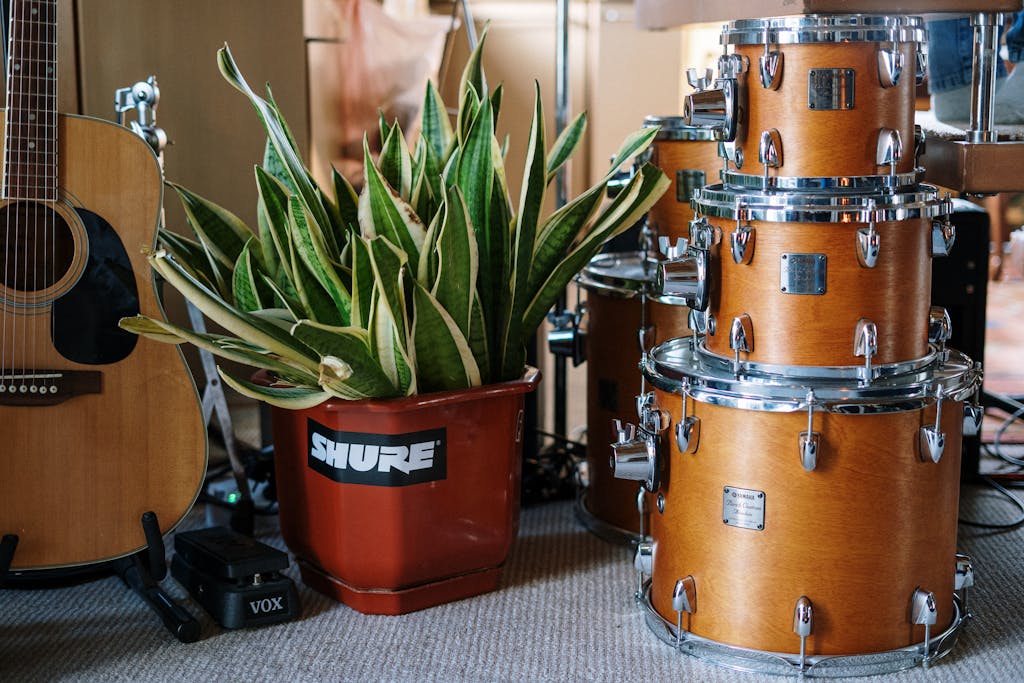
Keep Your Environment Working for You
1. Use warm, adjustable lighting for long nights.
2. Add a plant, photo, or item from home for comfort.
3. Reduce visual clutter in your workspace.
4. Set phone free zones to cut down on mental noise.
5. Keep headphones, chargers, and cables organized to avoid friction.
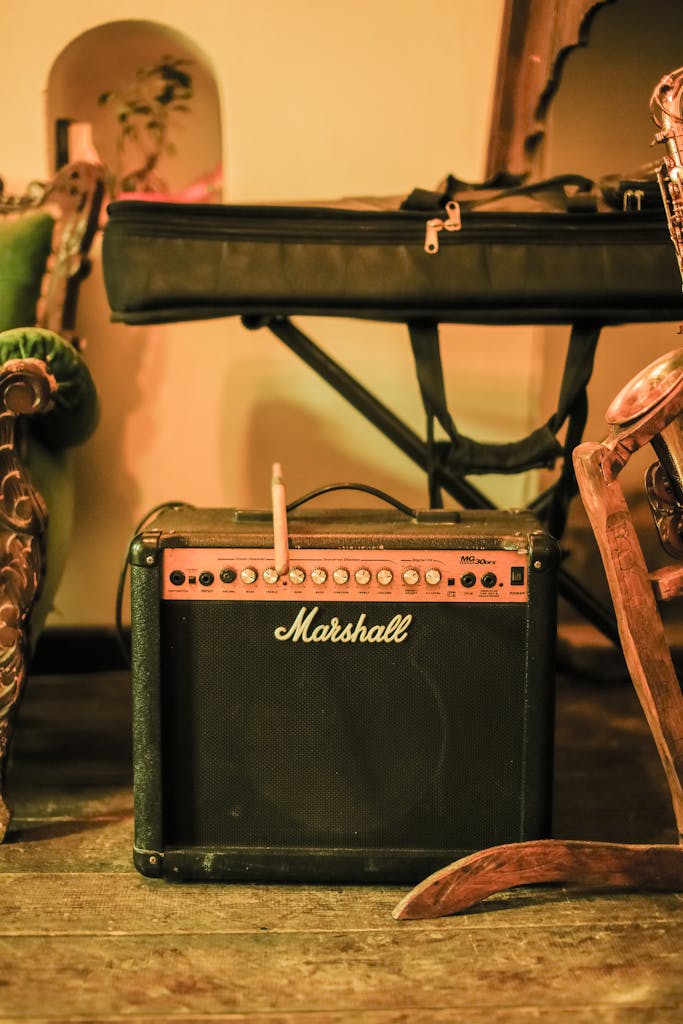
Make Space for Your Mind
1. Set 10 minute breaks on a timer to reset.
2. Journal or voice note a few thoughts before leaving.
3. Label your mood before and after sessions.
4. Keep a “no pressure ideas” folder for personal work.
5. Take short walks and move your body when you feel creatively blocked.
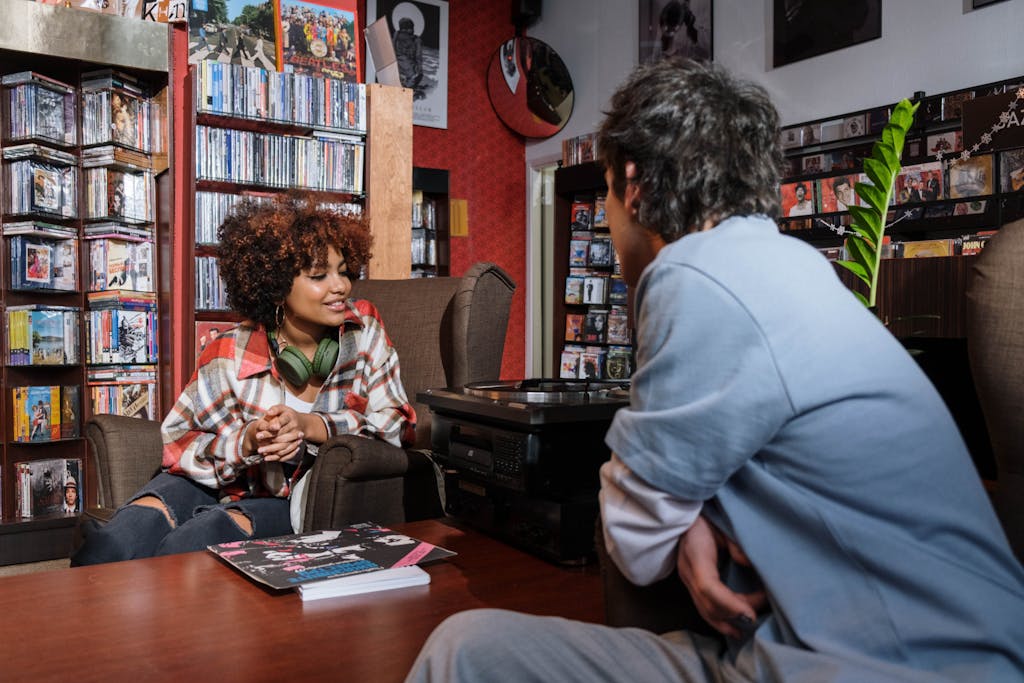
Build a Support System That Gets It
1. Connect with others who work behind the scenes.
2. Start or join a peer check in or hang out group.
3. Normalize talking about burnout and low days.
4. Create a playlist that helps you emotionally reset.
5. Reach out before you hit overload, not after. It is easier to not have a meltdown than to stop one.
Keep Your Mind in the Mix
Taking care of your mental health is part of doing good work. The pressure, the hours, and the constant listening can wear you down. Having systems that support you is not about being soft. It is about staying steady. Whether you are behind the board, in front of the mic, or keeping everything on track, your headspace shapes what you create. Keep what helps. Let go of what does not. Adjust as you go.

